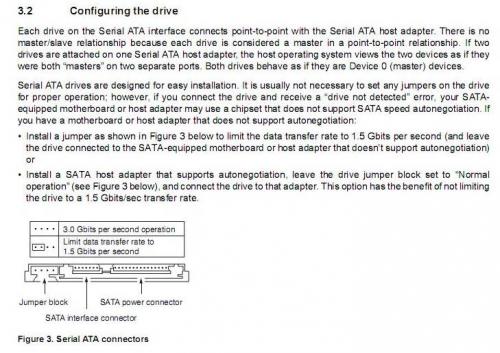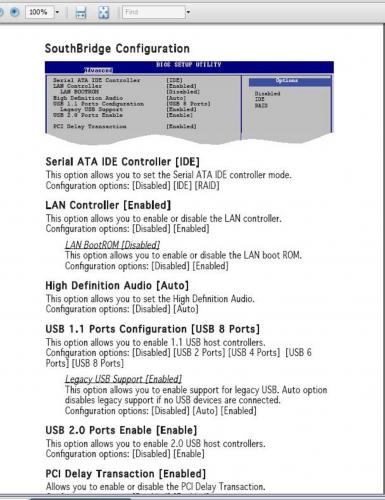Let's start with the driver, it is a .zip file, so needs extracting, if you don't have any compression software then
I suggest 7-Zip, with this you can right click on a compressed file, and select various options, in this case I suggest using the Select To...RR232x-win-v1.8-102607, this will extract into a single folder, which is the simplest way when a compressed file contains lots of files not already in folders, a simple extract here can leave you with a screen full of files depending what it is, so selecting the Name folder keeps it in a single folder.
As it's not an installer file the easiest way is to go into the device manager and update driver as I described last time, and browse to that folder, if it is set to search sub folders selecting the decompressed folder should be enough info for it, if this is not the case, keep going into the folders and select the 64bit folder and it should get what it needs, but there is a very high probability that you will get "it already has the latest driver", or even a newer one, but it can't hurt to check.
Now the PSU, it's not that easy to be exact, and the calc's don't have some of your specific parts, so I had to guess a couple of times, even the Asus calc didn't list your card as an option lol, so I did 2 checks, I tried to guess at something I hope was around the level of what you have, but the possibility of human error (eg I got it wrong lol) is quite high, those came back within your PSU range, then I did another check selecting higher end kit which I knew would be more than you have (thus giving a nice safety net), and that came over your PSU, so I think it's a fair assumption to say it's quite possible your right on the limit of your PSU, or could easily go over your limit if other devices were connected (eg thumb drives etc), and by some freak situation everything suddenly demanded power at the same time.
The PSU you have is a good one IMO, and to have everything demanding power at the same time is not that common, but you have to figure worst case scenario, and that's what PSU's give out in their spec's, so you know what the max it can take is, but the truth is it's not going to run at that sort of rate constantly, not unless you seriously under spec'd it, so on the face of it the PSU "should" be ok, at least for the most part, BUT, there is a risk of it not being able to cope in a freak situation.
Another factor I always put forward, is a comparison to sound, if you buy a stereo that you have to have on full volume if you really enjoyed a song, will sound much worse and struggle to play like that, but if you buy a stereo with double the power you need, it will produce a much better sound, and be far more sustainable reaching the same volume with only a fraction of the effort, a PSU is similar, run it at full power (or near it anyway) constantly, it will struggle to maintain that level for long periods, compared to a bigger unit only having to run at a fraction of it's power to do the same job, and as such a PSU running at a high rate will degrade and need replacing sooner than a more powerful one, that can do the same job with a lot less effort, if that makes sense, at least that's my view on the subject.
But as I said above, it's possible your PSU is able to manage, but I don't know enough to say for definite, not without manually calculating the power required, using the individual spec of every device, and even then I would probably doubt myself as it's been so long since I had to do such things, so do NOT rush out and buy anything to replace it, not unless you have someone with a meter physically check it's values (output down each lead) is within the correct tolerances, the good news is you have a single rail, so it doesn't matter to much how many devices you attach to each lead (video card having it's own lead if applicable), so as you have another PSU already, I suggest plugging in half of the kit into that one, and run with 2 PSU's to test, take care if there are little ones or animal during this time, as you will probably be running with the side off just for testing, just ensure the PSU has all it's fans clear, or it will overheat, see if that makes a difference or not.
*edit
Typo
Edited by 8210GUY, 17 April 2013 - 10:51 AM.










